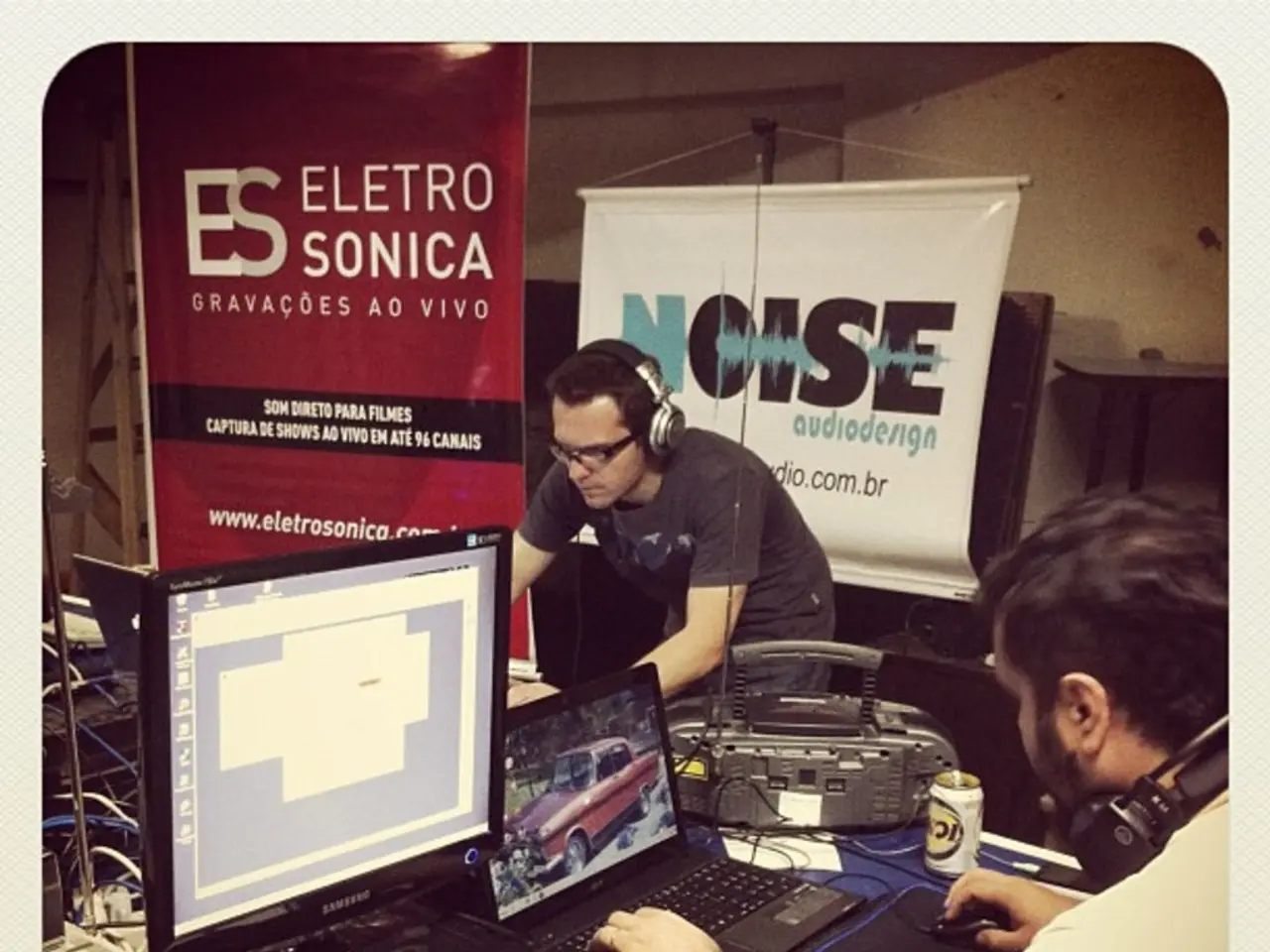Gold rush of the modern era: mercury gold extraction occurring in a nuclear reactor
In an intriguing development, American startup Marathon Fusion has proposed a theoretically feasible scheme to produce gold from mercury using a thermonuclear (fusion) reactor. However, this groundbreaking idea faces significant scientific, technical, and economic challenges and remains at a theoretical and experimental stage rather than practical or commercial.
The process relies on nuclear transmutation, where mercury-198 isotopes are bombarded by neutrons inside a fusion reactor. This conversion results in an unstable mercury-197 isotope, which then decays into stable gold-197. Marathon Fusion plans to incorporate a mercury/lithium alloy in the reactor’s breeding blanket to maximise neutron reactions that produce both tritium fuel and gold as a byproduct.
According to calculations by Adam Rutkowski, Marathon Fusion's chief technical officer, a fusion plant producing about 1 gigawatt of thermal power could yield around 2 to 5 tons of gold per year. This potential gold production, worth hundreds of millions of dollars annually, could supplement the primary goal of clean energy generation and improve the plant’s economics.
However, several challenges and limitations hinder the practical implementation of this process. Fusion reactors capable of such neutron fluxes and stable operation at scale are currently not commercially available. Previous transmutation attempts, such as at CERN using particle accelerators, have produced only minuscule gold amounts, indicating extreme difficulty and low yield outside specialized setups.
The initially produced gold isotope (gold-197) is stable, but the intermediate mercury-197 is radioactive and requires careful handling and processing to extract pure gold safely. Furthermore, the energy cost, infrastructure, and complexity of a fusion reactor are immense, so the overall economic viability beyond the direct energy benefits remains uncertain and speculative at this stage.
In conclusion, while the physics behind converting mercury into gold via neutron capture in fusion reactors is sound and fundamentally possible, practical implementation hinges on breakthroughs in fusion power technology and cost-efficiency that have not yet been achieved. Today, this process represents a promising theoretical or future industrial possibility rather than an immediately feasible gold production method.
It's important to note that lithium, used in battery cells, is hard to replace. The transformation of one chemical element into another, in this case gold from mercury, opens up exciting prospects. Gold is valuable not for itself, but rather due to the belief people have in it.
Marathon Fusion's ambitious plan, if successful, could revolutionise the gold production industry, but it's crucial to approach this development with a realistic understanding of the challenges and limitations involved.
- The transformation of mercury into gold through fusion reactions could have significant implications in both the science and finance sectors, as it could potentially provide an enormous amount of gold annually, worth hundreds of millions of dollars, offering a supplementary economic benefit beyond clean energy generation.
- The process of gold production through fusion technology suggests a tantalizing application of technology in the realm of science and finance, given the potential for large-scale gold production and the industrial-scale implementation of fusion power technology, yet the practical challenges and uncertainties surrounding its feasibility continue to pose formidable obstacles to its immediate realization.



